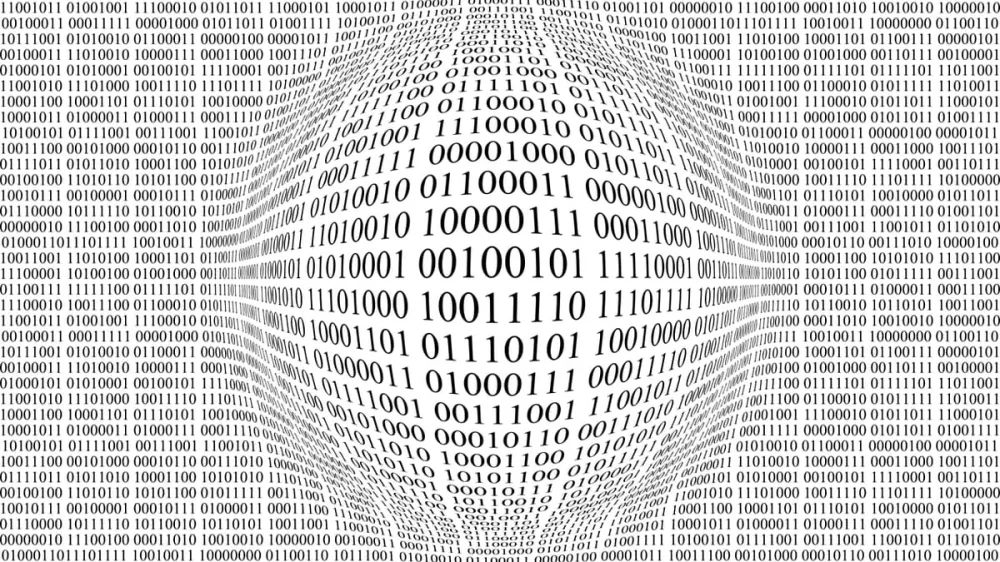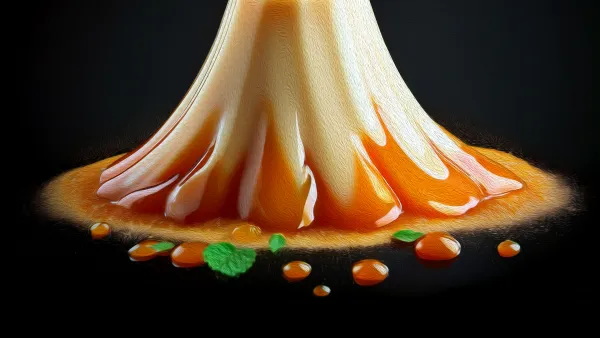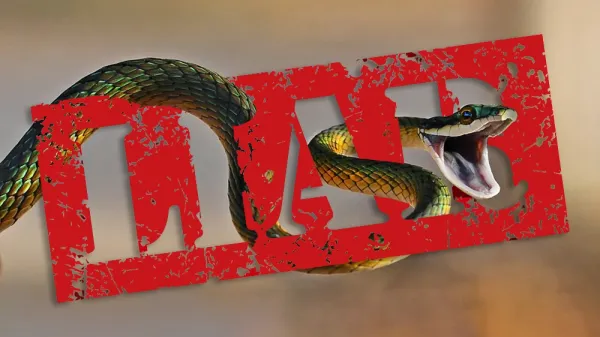a random tangent
Over the years of dissecting (read:examining) reality, I’ve pondered and written many thesis on subject/object duality. During that course of study I’ve run across many inferences of the illusive nature of it and it’s instant, yet variable determination of its true nature. I had a question poised to me from a “q and a post” that I asked for out at random, through the interwebs, and while I’m not an authority of specifics (I actually don’t commit to believing anything is absolute) I was asked about the seemingly randomness of it all.
Generally speaking, the progress of events is fluid, there is no start stop event in the prospect of examining anything. A property exists for a time (think as a snapshot) and then transcends. I the vast majority of cases, these transcend events are rare over any predetermined length and the longer you run it, the more the odds of this rare event gets to complete (seen for what it is). A relevant examination of a specific event type is colliders (CERN). It’s often assumed that we flip a switch and boom, result. In reality however, data collection often takes months (read as: rarity abounds). Reality isn’t a culmination of mere random events nor is it some set of congruent predictably equitable sets of events in a chain.
One examination you can witness of this first hand is by grabbing a handful of sand. To you this is just a bunch sand (singular), but it’s not even that at all. Each individual grain absolutely loathes being combined into one through forceful intervention. So much so that they don’t actually touch each other (akin to: like repels like). Yet, you still have a handful of loose sand (one thing). If you simply scatter that handful on the ground, you can witness randomness at play. I won’t dive into this any further, but you should get the gist and generally understand how random is very much a part of our experience, but not exclusive to it.
Not being much about absolutes, I’ve mentioned that there is no perfect duplicity (sounds absolute), but in that handful of sand, you won’t find two identical particles and if you could, they will be united into one.




